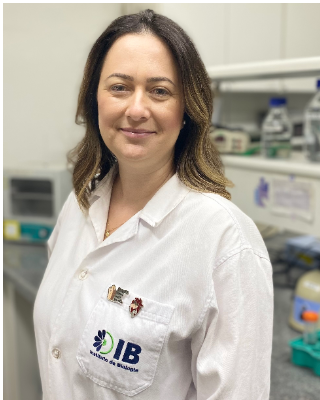Agenda IB

Helena Coutinho Franco de Oliveira
We have focused on the role of plasma lipoprotein metabolism and associated proteins particularly relevant for the development of atherosclerosis, diabetes and obesity. Hormonal, nutritional and pharmacological regulation of key proteins involved in the metabolism of plasma lipoproteins are investigated with the goal of elucidating molecular mechanisms and putative therapeutic targets for cardio-metabolic disturbances. Scientific contributions have been made concerning the understanding of CETP (cholesteryl ester transfer protein) gene expression and its effects regarding atherosclerosis susceptibility and possible new functions of this protein (Oliveira HCF, Raposo HF. Adv Exp Med Biol. 2020). Together with Anibal Vercesi group, we have demonstrated that mitochondrial bioenergetic function and redox state alterations are present in hyperlipidemic states that predispose to atherosclerosis (Oliveira HCF, Vercesi AE.Mol Aspects Med. 2020)

Maria Andréia Delbin
The main purpose of our laboratory activities is to investigate the mechanisms involved in endothelial dysfunction in cardiovascular disease and how these are influenced by chronic aerobic exercise training. In this context, we are particularly interested in vascular nitric oxide bioavailability, oxidative stress, inflammation and the perivascular adipose tissue.

Fabio Pinheiro
My research is focused to understand the evolution of reproductive barriers among lineages and populations, which is a key step in speciation. A diverse array of mechanisms, such as hybridization, introgression and selection for divergent habitats are investigated in order to understand plant speciation within Neotropical region. Our lab members use different but complementary approaches to understand the first steps of speciation. Students from different research fields are welcome.